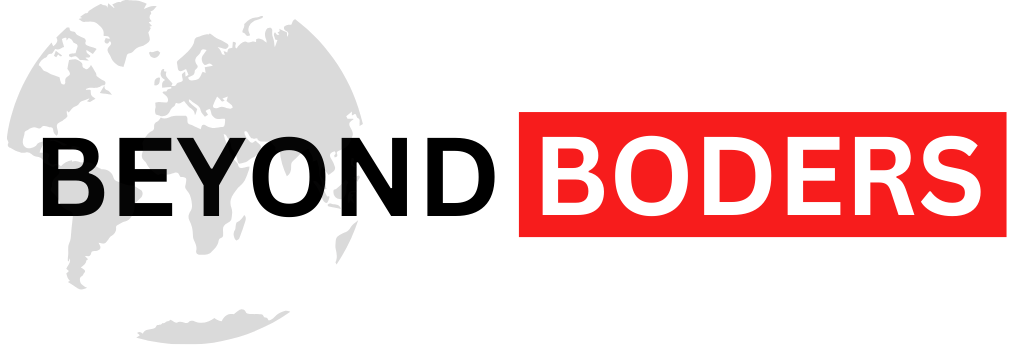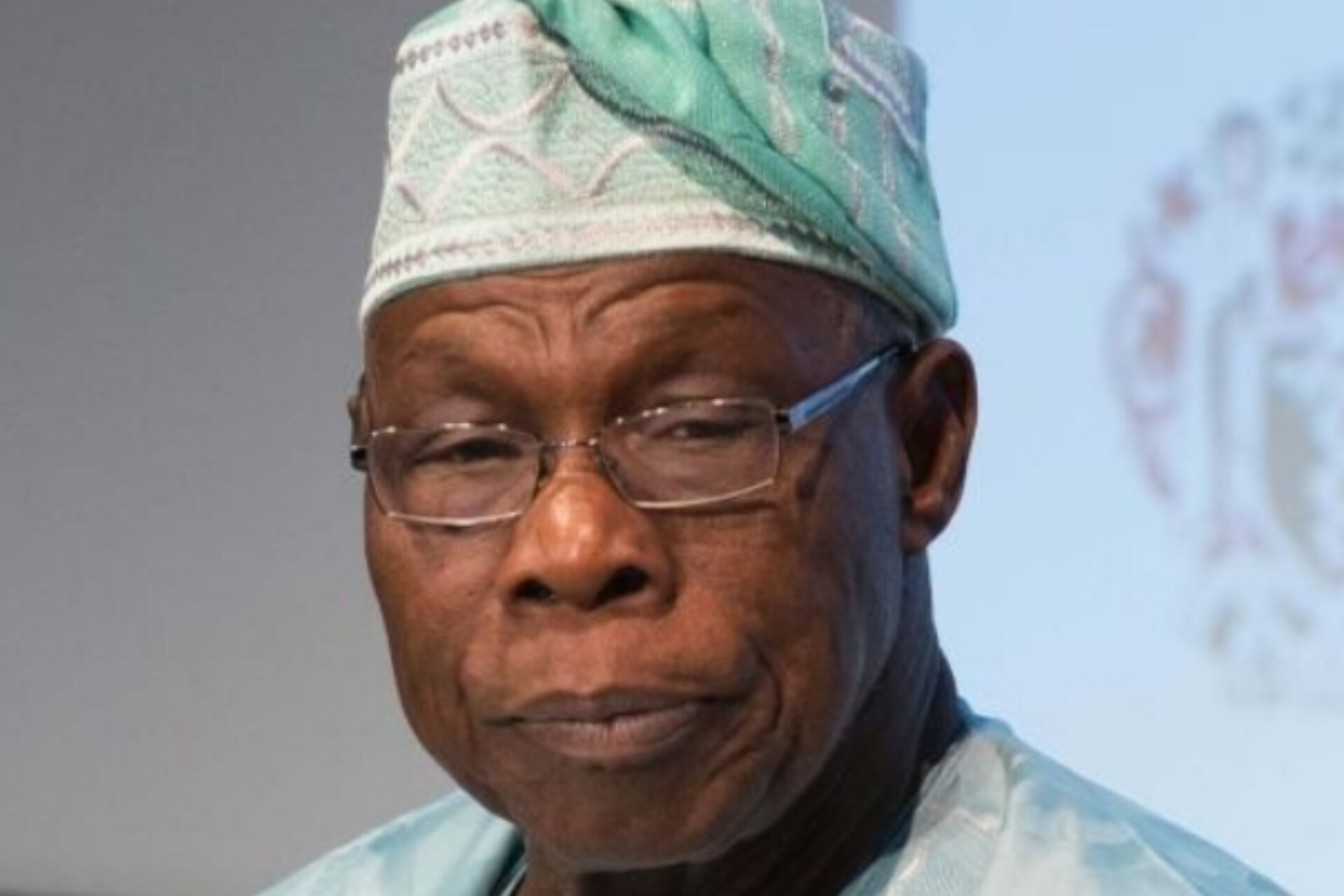Former Nigerian President Olusegun Obasanjo has voiced concerns that influential people who benefit from Nigeria’s fuel importation might try to disrupt the Dangote Petroleum Refinery project.
This comes after Alhaji Aliko Dangote, the President of the Dangote Group, accused certain powerful groups of attempting to sabotage his $20 billion refinery.
Despite President Bola Tinubu’s orders for the Nigerian National Petroleum Company Limited (NNPC) to start selling crude oil to the refinery in naira, this has not yet happened.
In an interview with the Financial Times, Obasanjo said that if the refinery succeeds, it could encourage more investment in Nigeria from both locals and foreigners.
He stated, “If those who are selling or supplying refined products for Nigeria feel that they will lose the lucrative opportunity, they will also make every effort to get him frustrated.”
Recently, Dangote Group officials have complained that international oil companies are making things difficult by refusing to sell crude oil or by charging higher prices.
They also accused the Nigerian Midstream and Downstream Regulatory Authority (NMDPRA) of issuing licenses for importing substandard fuel on purpose.
In response, the regulator denied the claims, saying that Dangote’s diesel was not as good as imported diesel.
NMDPRA’s Chief Executive, Farouk Ahmed, also mentioned that Nigeria would not stop importing fuel to prevent Dangote from having a monopoly.
Obasanjo also criticized Nigeria’s heavy focus on oil, saying it was a mistake to neglect gas and agriculture.
He recalled trying to involve Shell in running Nigeria’s refineries, but the company refused due to concerns about corruption and poor maintenance.
Obasanjo also expressed his disapproval of President Tinubu’s approach to removing fuel subsidies, saying that the government should have first considered the possible hardships and how to ease them.
“There’s a lot of work that needs to be done. Not just wake up one morning and say you removed the subsidy. Because of inflation, the subsidy that we have removed is not gone. It has come back,” Obasanjo said.




